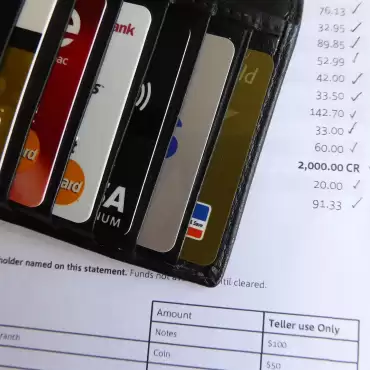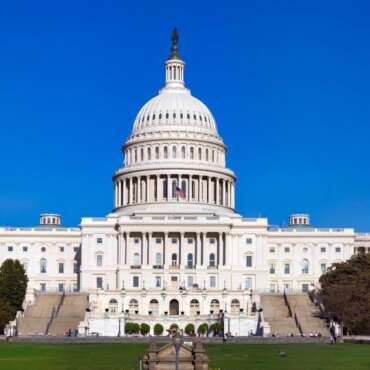iGB op-ed: Zak Thomas-Akoo argues that the Premier League should make concessions now on gambling shirt sponsorship deals, rather than being forced into it.
This Tuesday, the barons of English football met in an undisclosed location for one of their once-in-a-while shareholders meetings – which according to reports included some rather striking ideas for “a new deal for football”.
Apparently this is some sort of grand bargain between the Premier and lower leagues, as well as more importantly a big old bash at new Chelsea owner Todd Boehly’s house.
Great stuff, but wasn’t there supposed to be something in there about a voluntary betting shirt sponsorship ban? Last week, it was reported that there was enough support for such a ban, subject to a transition period and certain conditions, to pass the necessary 14-vote threshold.
Kicking the can down the road
While the machinations of the big clubs are a bit of a black box, it’s probably the case that, as speculated in the press, the clubs delayed the vote until the autumn to see what the political landscape looked like.
Indeed, with the race for Tory leader narrowing to just the more pro-industry Rishi Sunak vs the more sceptical Liz Truss, the fate of the Gambling Act review has never been less certain.
While the anti-industry lobby seems to believe that a delay means a more watered down white paper, you can’t be too sure – right now the political betting markets seems to think Truss is the easy favourite.
But the upshot is that with the league unsure of who will be prime minister this time next year, the industry is once again in the familiar position of waiting to see what happens next.
Half-time break
This may turn out to be a mistake. Entities such as the Premier League are not passive actors in the great cosmic drama of gambling reform – they are active participants who have and will shape the nature of regulation in the UK.
In a few months when the white paper is released, what has for too long been a parochial intra-industry discussion will become the centre of a robust national conversation that will happen at pubs and at the dinner table.
The more that the industry can demonstrate now that it is willing to make concessions, that it can self-regulate, that it doesn’t need the state to use its power to enforce a degree of social responsibility – the louder it will be able to make its case when it will need to.
And it is better to make small concessions than big ones.
Small potatoes
Because it’s not Bet365, or Paddy Power or any other large household names on the front of Premier League shirts – it’s usually brands targeting unregulated markets in Asia.
Football shirt sponsorships are one of the most visible manifestations of gambling in the UK so it is not surprising that it is often the aspect of gambling reform which garners the most media and public attention – but by any measure it is small potatoes compared to genuinely damaging reforms that have been proposed.
Even in the Premier League, the sums being talked about are measured in the mere millions, compared to an online gambling industry in the UK which is fast approaching a GGY of £7bn.
Other side of the coin
If the government and public are in an unforgiving mood in a year or so once this is starting to turn into legislation, they have the tools at their disposal to cut deep grooves into the sector. What will happen to recreational bettors who face hard affordability checks, like invasive uploads of bank statements and proof of income?
Or what about even more comprehensive advertising controls, as in the Italian, Spanish or Belgian markets? The state could even use its purse strings to strangle the industry, by introducing unworkable taxes as in markets like Romania.
The fact of the matter is that eventually in the UK some kind of gambling reform is going to take place, and the industry has an enormous degree of agency in what it eventually looks like.
To put it into its own language – the sector should not be averse to putting up a small stake to win the pot.





